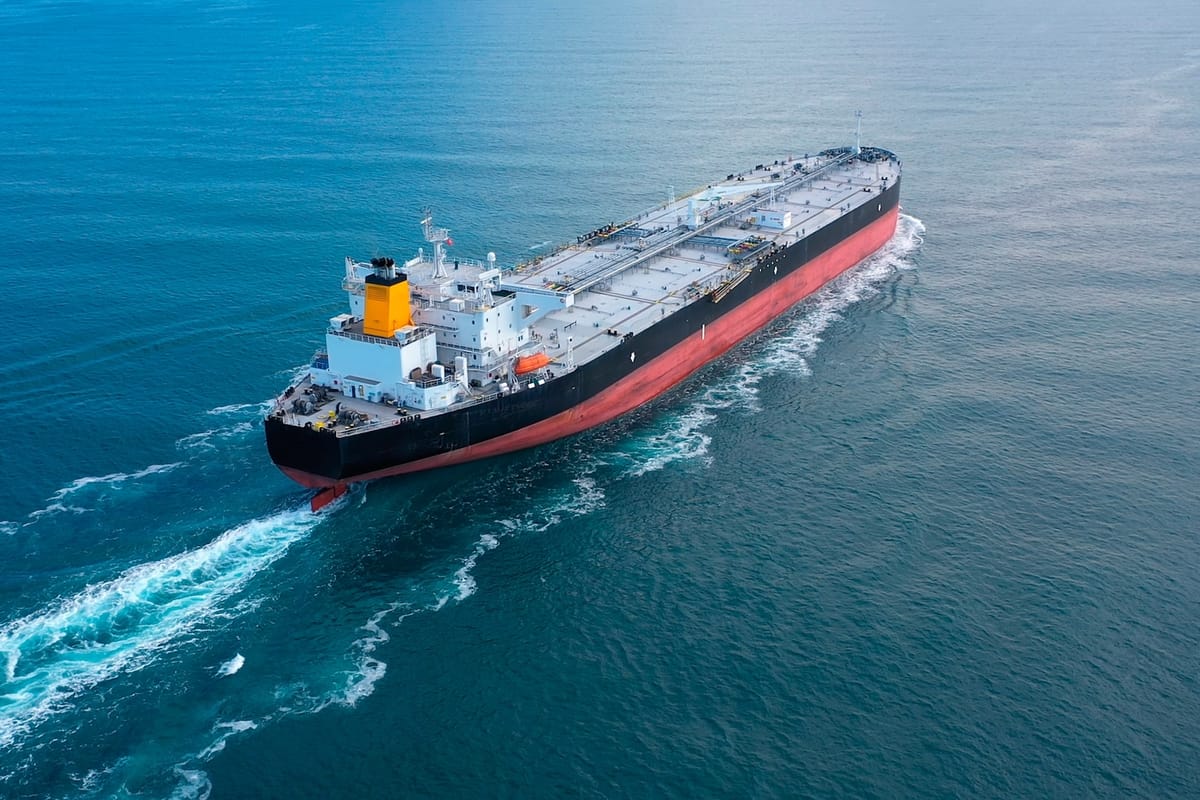

U.S. Escalates Efforts to Curb Iranian Oil Trade
The U.S. Treasury Department announced sanctions on April 16 against a Chinese refinery, Shandong Shengxing Chemical Co., Ltd., accused of purchasing over $1 billion worth of Iranian crude oil. The move is part of a broader strategy to disrupt Iran's oil exports, which U.S. officials say fund Tehran's government and its support for militant groups. The refinery, located in Shandong province, allegedly received dozens of oil shipments, some facilitated by a front company linked to Iran's Islamic Revolutionary Guard Corps (IRGC).
The sanctions, imposed by the Office of Foreign Assets Control (OFAC), also target several companies and vessels involved in the oil shipments. This action follows earlier efforts to dismantle Iran's 'shadow fleet,' a network of tankers used to evade international sanctions. Treasury Secretary Scott Bessent emphasized that the U.S. is committed to disrupting actors supporting Iran's oil supply chain, which he claims finances terrorist proxies.
Details of the Sanctions and Targeted Entities
The sanctioned refinery, Shandong Shengxing Chemical Co., Ltd., is described as a 'teapot' refinery, a term for small, independent refineries in China that process significant amounts of Iranian oil. U.S. authorities allege that the refinery's purchases provide a critical economic lifeline for Iran, which uses the revenue to support groups like Yemen's Houthis, Hezbollah in Lebanon, and Hamas in Gaza. The front company tied to the IRGC was not named in the announcements, but its involvement underscores the complex networks Iran employs to bypass sanctions.
In addition to the refinery, OFAC sanctioned entities such as Hong Kong-based Astrid Menks Limited and Canes Venatici Limited, China's Citywallship Management Co. Ltd., and Liberia's Placencia Services Incorporation. Eight vessels, including Natalina 7, Catalina 7, Aurora Riley, Viola, Montrose, Volans, Brava Lake, and the unflagged Titan, were also blacklisted for their role in transporting Iranian oil. These vessels are part of Iran's shadow fleet, which operates covertly to deliver oil to buyers like China.
Context of the 'Maximum Pressure' Campaign
The sanctions align with President Donald Trump's 'maximum pressure' campaign, reinstated to drive Iran's oil exports to zero. This strategy, first implemented during Trump's first term, aims to block Iran's access to nuclear weapons, limit its ballistic missile program, and curb its support for terrorist groups. State Department spokesperson Tammy Bruce stated that the U.S. is committed to holding Iran and its partners accountable for sanctions evasion, particularly as Iran uses oil revenues to fund destabilizing activities.
China, the largest importer of Iranian oil, has been a focal point in this campaign. Despite U.S. sanctions, Chinese teapot refineries have continued to purchase Iranian crude, often at steep discounts. The sanctions on Shandong Shengxing mark the first time the U.S. has directly targeted such a refinery, signaling an escalation in enforcement. CEO of the Bourse & Bazaar Foundation, noted that Iranian crude accounts for about 15 percent of China's overall oil imports, highlighting the scale of this trade.
Implications and Challenges
The sanctions are likely to have a short-term chilling effect on Chinese refiners, who may fear being cut off from the global economy. However, the CEO warned that in the medium term, such measures could push China to 'sanctions-proof' its energy supply chain, potentially reducing the effectiveness of U.S. penalties. The move also risks escalating tensions with China, especially amid ongoing trade disputes.
Iran has dismissed the impact of U.S. sanctions, with Iranian Oil Minister Mohsen Paknejad claiming in September 2024 that the country broke a decade-long record for oil exports in January. The resilience of Iran's oil trade, driven by demand from China, poses a significant challenge to the U.S. strategy. Additionally, the sanctions were announced on the same day Iran confirmed upcoming nuclear talks with the U.S. in Rome, suggesting a complex interplay of diplomacy and economic pressure.
Broader Impact on Global Oil Markets
The latest sanctions have raised concerns about global oil supply, contributing to a surge in oil prices. The targeting of Chinese teapot refineries, which process a significant portion of Iranian oil, could disrupt supply chains and increase market volatility. The U.S. has already penalized dozens of individuals and vessels involved in Iran's oil trade, but the focus on a Chinese refinery represents a new frontier in its enforcement efforts.
Treasury Secretary Bessent, during his confirmation hearing earlier this year, criticized the Biden administration's sanctions policies and advocated for a more 'muscular' approach. His comments reflect the Trump administration's aggressive stance on Iran, which includes measures to prevent Iran from using Iraq's financial system or Gulf countries as transshipment points for oil. As the U.S. continues to tighten its grip on Iran's oil exports, the global energy market and geopolitical landscape will likely face further disruptions.
Dues are $12 per year. Member benefits:
✅ Ad-Free Website Viewing
✅ Advocacy for Republican Seniors
✅ 120+ Senior Discounts
✅ Member Only Newsletters